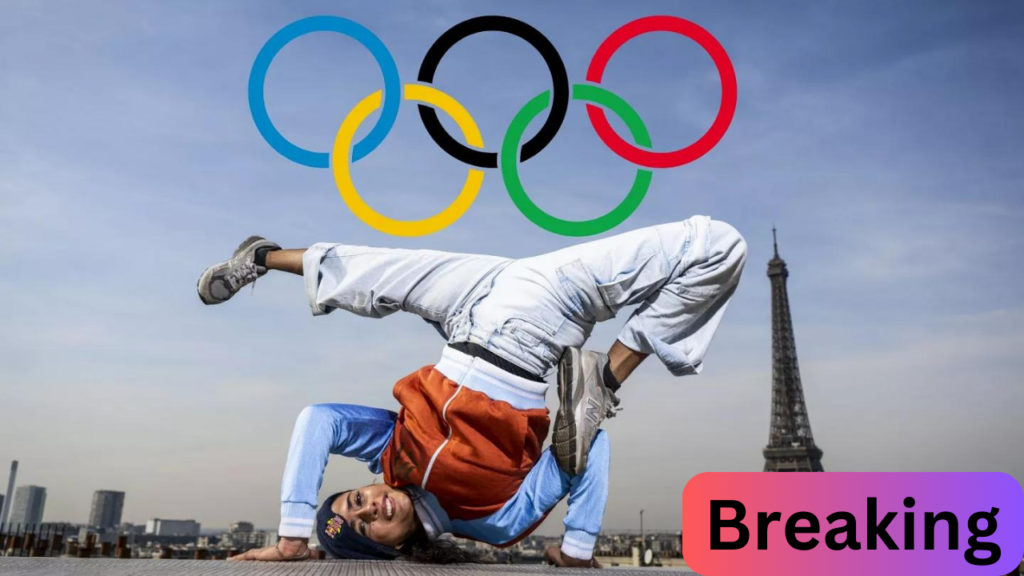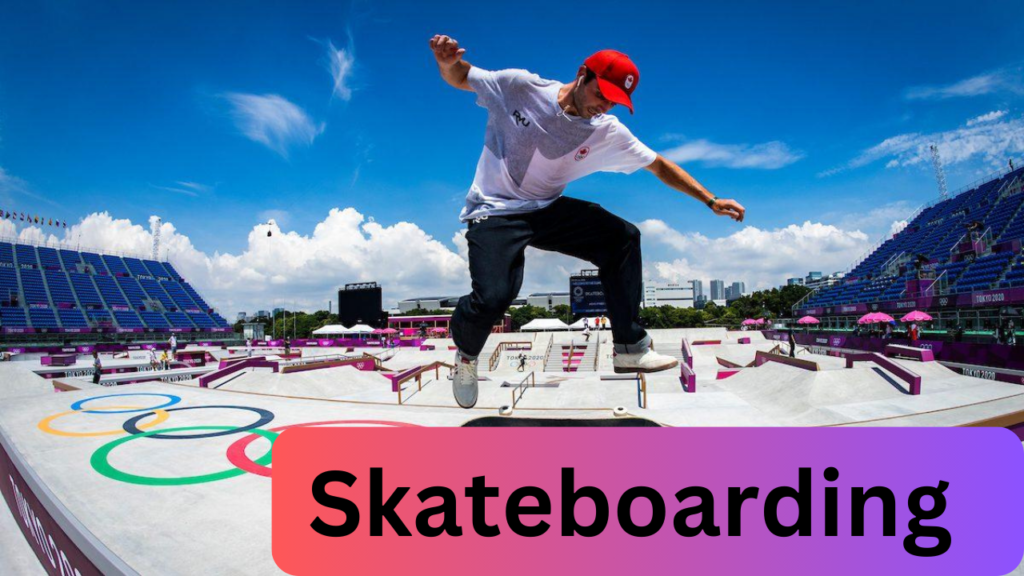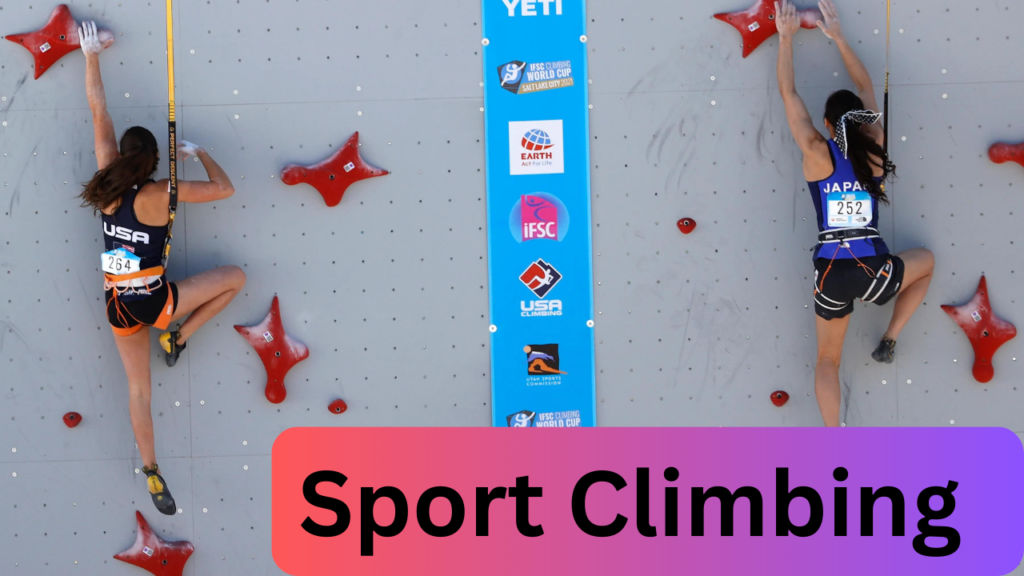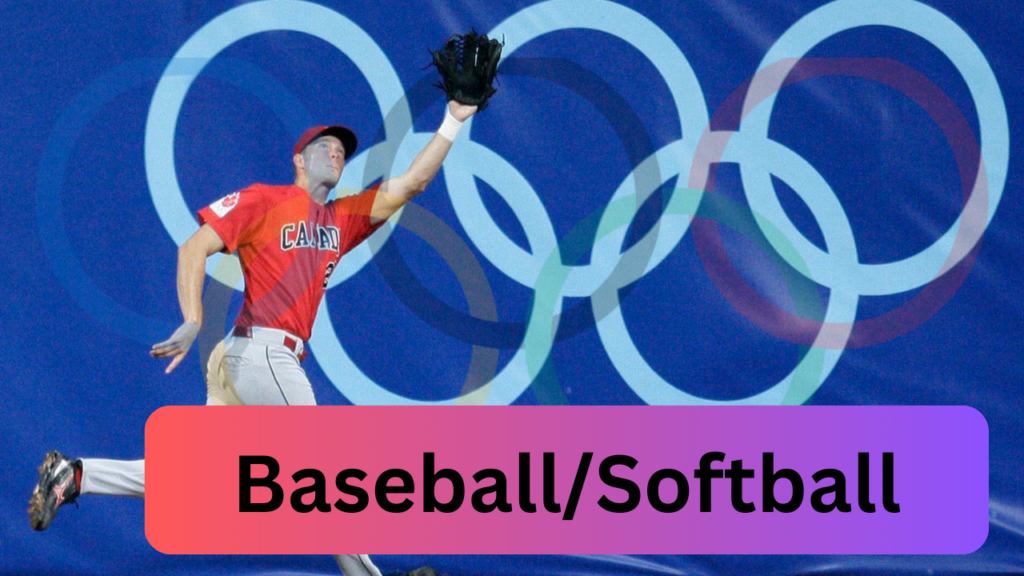As the world eagerly anticipates the 2024 Summer Olympics in Paris, France, sports enthusiasts are buzzing with excitement about the addition of five new sports to the Olympic program. These additions promise to bring fresh energy, diverse talent, and captivating performances to the world’s most prestigious sporting event. Let’s dive into the details of these new Olympic sports and explore what they bring to the table.
Breaking
Breaking, also known as breakdancing, is set to make its Olympic debut in 2024, marking a significant milestone for street culture and urban dance forms. This dynamic and physically demanding art form has come a long way since its origins in the Bronx during the 1970s.
The Olympic Format
In the Olympic competition, breakers (as the athletes are called) will face off in one-on-one battles. Judges will evaluate their performances based on criteria such as:
- Physicality
- Interpretation
- Artistry
- Musicality
Male and female breakers will compete separately, with 16 athletes (8 men and 8 women) vying for medals.
Cultural Significance
The inclusion of breaking in the Olympics represents a broader recognition of urban culture and its impact on global youth. It’s a testament to the sport’s evolution from street corners to international stages, highlighting its athletic demands and artistic expression.
Training and Preparation
Olympic breakers will need to combine intense physical training with creative choreography. Their routines will showcase a mix of:
- Power moves
- Footwork
- Freezes
- Top rock
This unique blend of athletics and artistry is sure to captivate audiences and bring a fresh, youthful energy to the Games.

Skateboarding
While skateboarding made its Olympic debut in Tokyo 2020, it returns in 2024 with growing popularity and anticipation. This sport, once associated with rebellion and counterculture, has now found its place on the world’s biggest sporting stage.
Olympic Disciplines
Skateboarding in the Olympics features two disciplines:
- Street: Athletes perform tricks on a course that mimics urban environments, including stairs, handrails, and benches.
- Park: Skaters showcase their skills in a bowl-shaped course, emphasizing aerial maneuvers and complex tricks.
Scoring and Judging
Skateboarders are judged on:
- Difficulty of tricks
- Height and amplitude
- Flow and consistency
- Originality
The inclusion of skateboarding has already proven to be a hit with younger audiences, bringing a cool factor to the Olympics that resonates with new generations of sports fans.
Impact on Skateboarding Culture
The Olympic spotlight has led to increased investment in skateboarding infrastructure worldwide. More skate parks are being built, and the sport is gaining recognition as a legitimate athletic pursuit rather than just a recreational activity.

Sport Climbing
Sport climbing is another returning sport from Tokyo 2020, set to thrill audiences once again in Paris. This discipline combines strength, agility, and problem-solving skills as athletes navigate vertical challenges.
Olympic Format
The Olympic sport climbing competition consists of three disciplines:
- Speed Climbing: Athletes race head-to-head up a standardized 15-meter wall.
- Bouldering: Climbers solve a series of short, complex climbing problems without ropes.
- Lead Climbing: Athletes attempt to climb as high as possible on a tall wall within a set time limit.
Scoring and Medal Events
Unlike in Tokyo, where athletes competed in a combined event, Paris 2024 will feature separate medal events for:
- Speed climbing
- A combined boulder and lead event
This change allows for greater specialization and is expected to result in even more impressive performances.
The Physical and Mental Challenge
Sport climbing is as much a mental game as it is physical. Athletes must:
- Analyze routes quickly
- Manage fear and fatigue
- Make split-second decisions
This combination of physical prowess and mental acuity makes sport climbing a compelling addition to the Olympic program.

Surfing
Surfing, which also debuted in Tokyo, returns to the Olympics with growing excitement. The sport brings the laid-back beach culture and the raw power of nature to the Olympic stage.
Olympic Format
Surfing competitions in the Olympics are held over several days to ensure optimal wave conditions. Key aspects include:
- Heats with multiple surfers
- Scoring based on the difficulty and execution of maneuvers
- Consideration of wave size and power in scoring
Venue and Environmental Factors
Unlike many Olympic sports, surfing is deeply dependent on natural conditions. The 2024 competition will take place in Tahiti, part of French Polynesia, known for its world-class waves.
Cultural Significance
Surfing’s inclusion in the Olympics represents a blend of:
- Traditional Polynesian culture
- Modern sport
- Environmental awareness
It brings attention to ocean conservation and the delicate balance between human activity and natural ecosystems.
Training and Preparation
Olympic surfers must be:
- Physically fit to handle powerful waves
- Mentally prepared for unpredictable conditions
- Skilled in reading ocean patterns and wave formations
This unique set of skills makes surfing one of the most distinctive additions to the Olympic program.

Baseball/Softball
While not entirely new to the Olympics, baseball and softball make a comeback in 2024 after being absent since the 2008 Beijing Games. These sports, particularly popular in the Americas and East Asia, bring a team dynamic and strategic depth to the Summer Olympics.
Olympic Format
- Baseball: Features a tournament of six teams for men.
- Softball: Includes a tournament of six teams for women.
Both tournaments will use a round-robin format followed by medal rounds.
Cultural Impact
The return of baseball and softball to the Olympics is significant for several reasons:
- It reconnects the Games with two globally popular sports
- It provides a platform for professional athletes from Major League Baseball (MLB) to compete
- It offers increased visibility for softball, promoting gender equality in sports
Strategic Depth
Both baseball and softball are known for their complex strategies and mental games between pitchers and batters. Olympic competitions will showcase:
- Pitch selection and batter anticipation
- Defensive positioning and offensive tactics
- Team coordination and communication
Global Development
The Olympic inclusion is expected to boost the development of baseball and softball in countries where these sports are not traditionally popular, potentially leading to a more diverse international competition scene in the future.

Wrapping Up
The addition of breaking, skateboarding, sport climbing, surfing, and the return of baseball/softball to the 2024 Paris Olympics represents a significant shift in the Olympic movement. These sports bring:
- Youth appeal and urban culture to the forefront
- New audiences and participants in the Olympic movement
- Diverse skill sets and athletic abilities to the world stage
As we look forward to the Paris Games, it’s clear that the Olympic program is evolving to reflect changing global interests and values. These new sports not only add excitement and variety to the Olympics but also open up opportunities for a new generation of athletes to shine on the world’s biggest sporting stage.
The 2024 Olympics promise to be a blend of traditional Olympic values and contemporary sports culture, offering something for everyone. Whether you’re a fan of high-energy urban sports, nature-based challenges, or strategic team games, the Paris Olympics will have something to capture your imagination and inspire the athlete in all of us.









